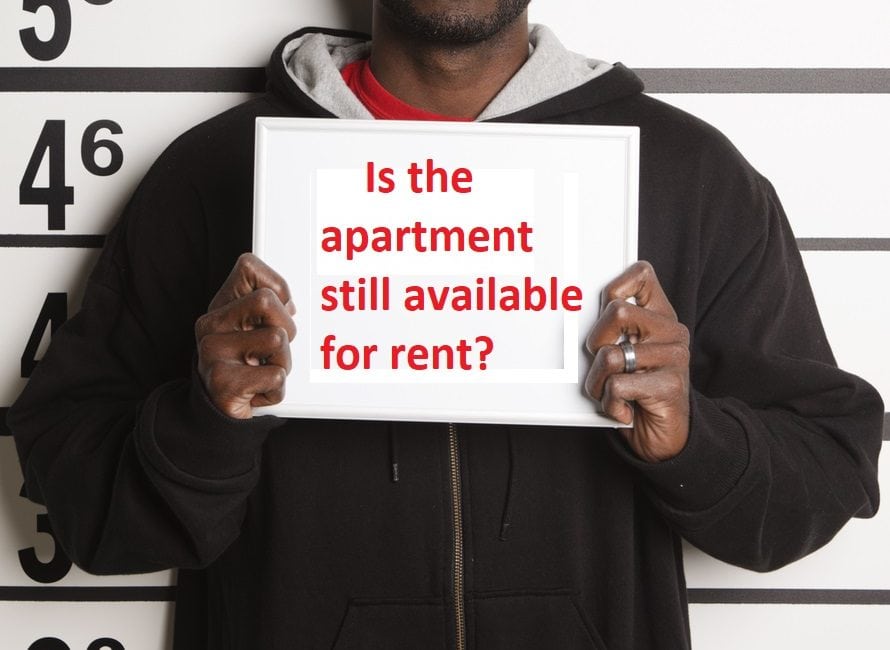Originally passed by Congress as part of the Civil Rights Act of 1968, the Fair Housing Act is an important piece of legislation that prohibits discrimination by direct providers of housing, including real estate companies and lending institutions. Unfortunately, discrimination is still very much a part of the housing landscape, with people claiming they were unable to purchase or rent a home due to discriminatory practices based on race, religion, national origin, or sex. Part of the Civil Rights Act includes Fair Housing testers who work to ensure compliance with laws and guidelines set by the U.S. Department of Housing and Urban Development (HUD). Real estate businesses have always been at risk of Fair Housing testers but these days their risk is increasing. Even more troubling, individuals tasked with testing the fair housing process are filing lawsuits claiming emotional distress. Yes, you read that correctly, the testers are suing for their personal emotional distress even though they get paid to test for discrimination.
The Claim
In June 2021, an individual employed as a fair housing tester responded to an advertisement for a rental property located in Florida. Posing as a potential renter, the individual attempted to negotiate to rent the property, which was listed by a prominent real estate business in the area. The tester asked about the company’s “clean background policy,” claiming that he had a felony arrest on his record. According to the real estate firm, a clean background was a requirement to rent the property.
The real estate agent asked several questions about the felony arrest, and then ceased negotiations with the tester. The tester filed a lawsuit against the realtor (the defendant), claiming that he was discriminated against based on his race. He also claimed emotional distress from the refusal of the defendant to negotiate and make the property unavailable to him. In the lawsuit, the plaintiff is seeking a permanent injunction against the defendant as well as compensatory damages for emotional distress, costs, and attorneys’ fees.
What Went Wrong
Under the Fair Housing Act, real estate agents are forbidden to ask about details of arrests. In the above case, the agent stated that any felony arrest would disqualify the tester as an eligible renter of the property. In the lawsuit, the plaintiff alleges that “clean background policies” disparately target people of color. Under the Act, it was unlawful to deny the plaintiff the home and to not negotiate with him based solely on his arrest record.
In most of these cases, violators of the Fair Housing Act are usually fined for violations. Unfortunately, lawsuits are evolving to include more than violations of fair housing laws. In this case, the plaintiff is also suing for emotional distress which takes this claim to another level. This part of the claim seems at odds with common sense. It is akin to a lifeguard suing for emotional distress when having to rescue someone. E&O claims, in general, are on the rise, be thoughtful and aware of the HUD guidelines to help reduce the likelihood of a claim.
Interested in PBI Group generating an E&O insurance quote for your real estate agency? Click here.






